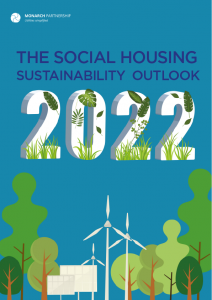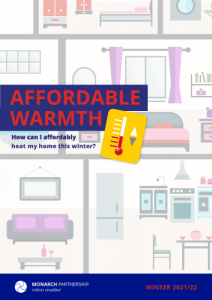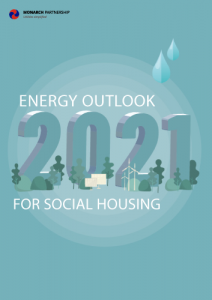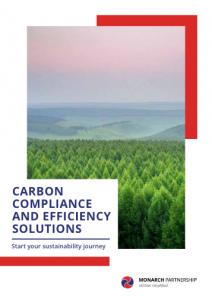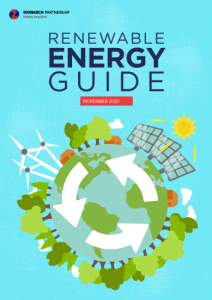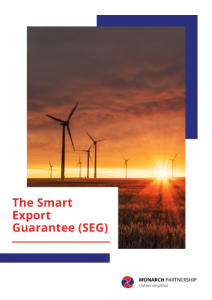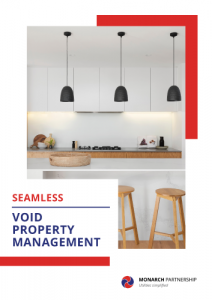When deciding between energy contracts there are a lot of factors to consider. Choosing between a fixed and flexible contract can be particularly daunting. Elements such as the length, fee and rates can be difficult to navigate even for a well-informed individual. To decide on the best energy contract for your business, you must assess the benefits and drawbacks of each option.
What should you consider before making your decision?
Before deciding on the right energy contract for you, there are several elements that need to be considered. Firstly, look at your current consumption, and which areas need the most energy. Other factors to examine include:
– Previous energy plan history
– Your physical location
– The current energy market rates
Fixed vs flexible energy contracts
There are many differing pros to both fixed and flexible energy contracts. A fixed contract involves purchasing energy at a fixed unit price. This price is then carried through the duration of the contract, which usually lasts between 1-3 years. Whereas a flexible contract is typically shorter but allows you a price range that is dependent on the market movements.
The advantages of fixed energy contracts
– High level of certainty: A fixed unit price guarantees stability and consistency despite market changes.
– More accuracy when forecasting energy budgets: With guaranteed energy prices, businesses can create fixed and certain budgets. This means that financial energy forecasts covering all areas of the business are easier to plan.
– Time saved on exploring the market: Signing a fixed contract also saves time which may otherwise be spent shopping around or analysing the market.
The disadvantages of fixed energy contracts
– Inability to adjust predefined energy amounts whilst in the contract: Once in your contract you will lose the opportunity to shop around for more cost effective rates. Although the market may adjust, your rates will stay consistent.
– Higher premiums: Generally with a longer contract, comes higher premiums. Because suppliers face risks in terms of changes to wholesale price, premiums are included in your costs.
– Risk of uncompetitive prices: If you secure your contract while wholesale prices are high, you could be stuck with uncompetitive prices for the duration of your contract.
The advantages of flexible energy contracts
– Increased opportunity to sign up when rates are lower: Signing a flexible contract means you can use trends in the market to your advantage. To do this, you have to take into account seasons, weather and other factors which may impact the market. From this information you can then decide when would be the best time for you to sign the contract.
– Multiple purchasing points: By spreading out purchasing points across a wider time frame, you are also able to spread the possible risks.
– Reduced risks of premiums from energy suppliers: With flexible contracts comes lower unit rates, as there is a no risk premium built into prices. All prices of the contract are broken down and shown clearly on bills and invoices.
The disadvantages of flexible energy contracts
– Higher risk dependant on market movements: One of the biggest factors to consider when signing a flexible contract is the risk. The market is constantly fluctuating, and there is no guaranteed certainty involved.
– More complex purchasing involved: Although the flexible contracts may be advantageous financially, they do need you to be more involved in market movements. To get these financial benefits, a lot of time must be spent assessing factors which may impact the market.
– Renewing contracts sooner: Signing a shorter contract could mean having to renew contracts sooner, and in a volatile market. Depending on the market at the time, you may face expensive renewal rates.
Ethical and sustainable procurement
Sustainable procurement considers what is best for your business, and the environmental impacts. This is done by looking at compliance with environmental laws, removal of waste materials and in-depth research into suppliers to safeguard fair labour practices.
Monarch’s sustainable procurement ensures that international standards on anti-bribery, corruption and rights abuses are adhered to. Our focus is to secure environmental, social and economic improvements, without compromising the needs of our customers.
If you are interested in becoming a greener business, check out more of the sustainability services we offer.
How can Monarch help?
Having an intelligent procurement strategy could mean saving time and money in the future. At Monarch, our procurement team monitor and analyse the market in order to help choose the right contract for you. Our experts have their eye on the ball so that you don’t have to. Want to find out more about our procurement plans? Download our brochure.








